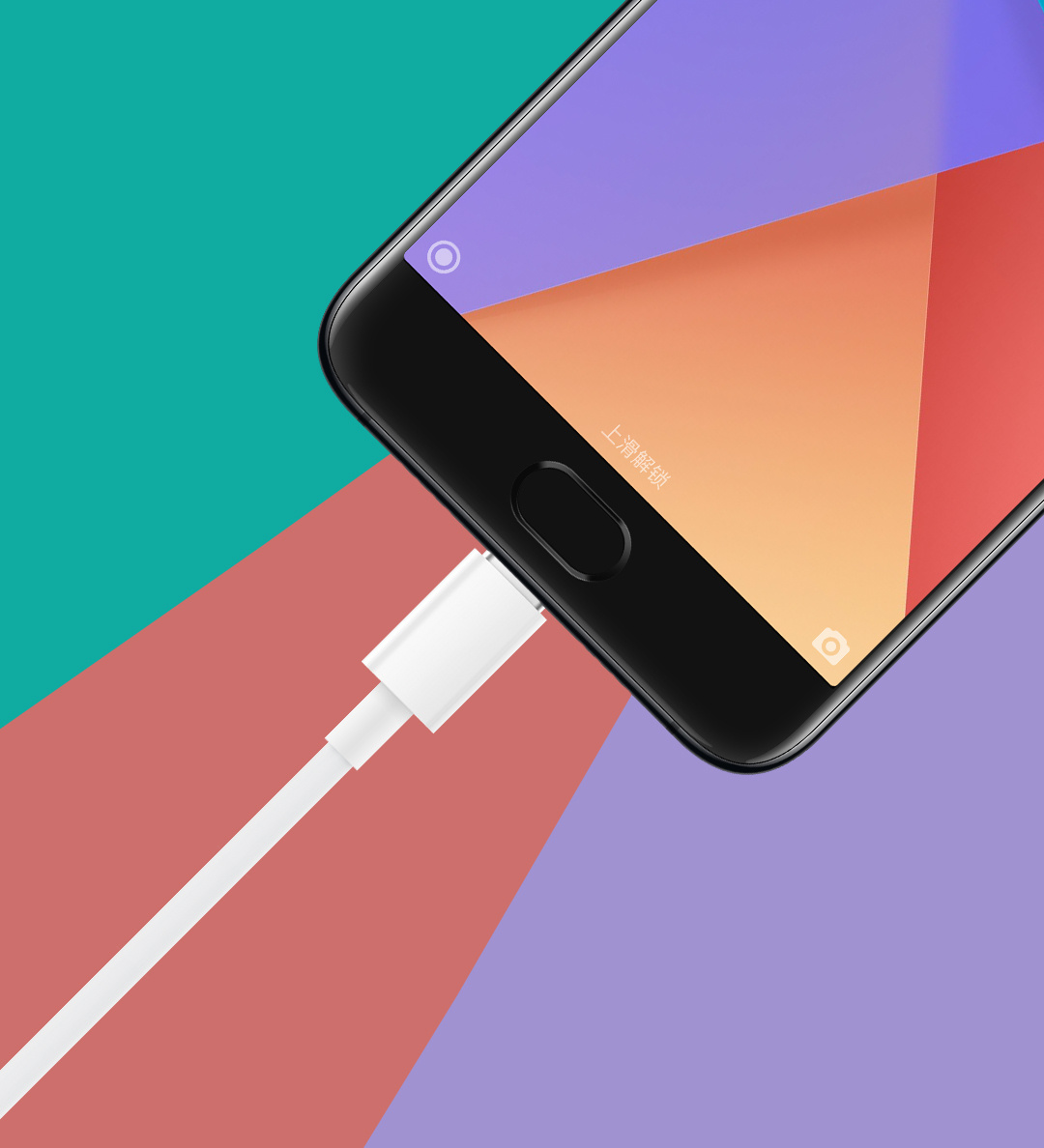European Union Regulations for USB-C: A Step to Simplicity and Consistency
- Posted on

In addition to the emergence of USB-C as a universal connector and its use in various Apple devices, the European Union has played an important role in promoting the adoption of USB-C in the tech industry. Let's take a look at the regulations that the EU has implemented and how this has helped standardize and simplify the use of USB-C.
The European Commission and the Call for Unity
In 2014, the European Commission recognized the potential of USB-C as a unified standard for mobile devices, laptops and other gadgets. The use of different types of charging cables not only caused inconvenience to consumers, but also caused unnecessary electronic waste due to the many redundant cables. That is why the European Commission started to advocate for a universal standard to address this problem.
The European Commission enforces USB-C
The European Commission's efforts eventually led to the implementation of regulations forcing manufacturers to use USB-C as the standard charging port for smartphones and other portable electronic devices. These regulations were adopted in March 2021 and represent a crucial step towards a simpler and more standardized tech experience for EU consumers.
Benefits of EU regulation for USB-C
The EU regulation for USB-C has brought a series of benefits:
Simplicity for Consumers: With the mandatory implementation of USB-C as the charging standard, consumers can now use a single cable for multiple devices, making life easier and reducing confusion when choosing the right cable.
Environmental friendliness: A unified charging standard means less electronic waste generated by obsolete cables that would otherwise become useless.
Technological Advances: EU regulation has encouraged manufacturers to innovate and move to the more efficient and faster USB-C technology.
Consistency in the Market: With the mandatory adoption of USB-C, there is more consistency in the tech market, leading to more compatibility between different devices and accessories.
The EU regulation and the iPhone 15 series
EU regulation has had a direct impact on the tech industry, including Apple. With the obligation to adopt USB-C as standard, Apple was also pressured to equip its iPhones with USB-C ports. This has contributed to the growing expectation that the iPhone 15 will finally make the switch to USB-C, as the regulation applies to all smartphones sold within the EU.
The European Union has played a vital role in promoting the adoption of USB-C as a universal charging and data transfer standard. With the mandatory implementation of USB-C in smartphones and portable electronic devices, the EU has contributed to a standardized and simpler tech experience for consumers. In addition, these regulations have spurred manufacturers, including Apple, to innovate and invest in the future of connectivity. As a result, we now look forward with anticipation to the possible introduction of USB-C in the iPhone 15, which would be a major step forward in the evolution of smartphones and the tech industry as a whole.

